So I woke up and decided to make muffins for the first time in at least a year. If you are like me, you enjoy cooking, but don’t often have the time. Every once in a while, however, all your stars align and you find yourself with a little time on your hands and the hankering for something home baked. The problem with this rare occasion is realizing you have had the flour in your cupboard for over a year, and like me, find yourself wondering, “Can flour go bad?”
Well, the answer is not as simple as you may think. It really comes down to the type of flour you are using and how the flour is stored. Here are some answers to the question, “Can flour go bad?” broken down by types of flour, as well as some tricks to prolong your flour’s shelf life.
Quick Navigation
White Flour
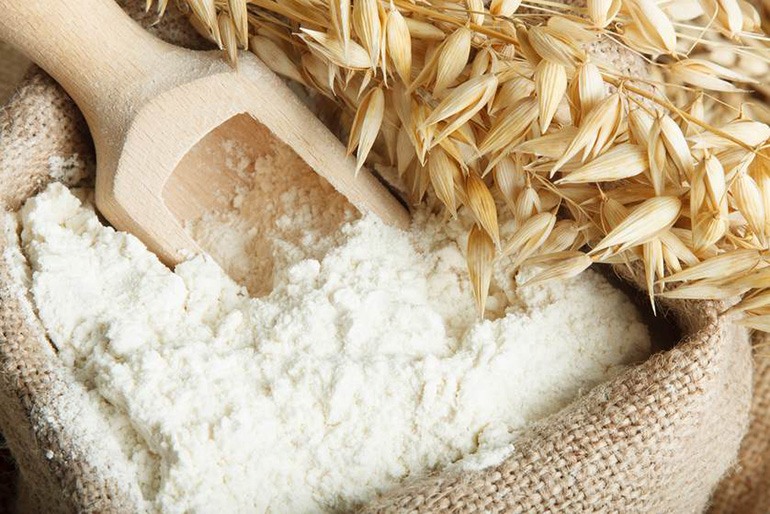
While white flour has a very long shelf life, it can go bad. You can tell if your white flour has gone bad by the smell, or if you are a very brave person, you can check the taste. If it smells or tastes sour, it is time to throw it out.
When to worry: As a rule of thumb, white flour stored properly can last 6-8 months after its “best by” date (Eat By Date).
How to store: Store white flour in a cool and dry place. It is not recommended to store white flour in a refrigerator or freezer as its freshness relies on not being introduced to any moisture.
Whole Wheat Flour
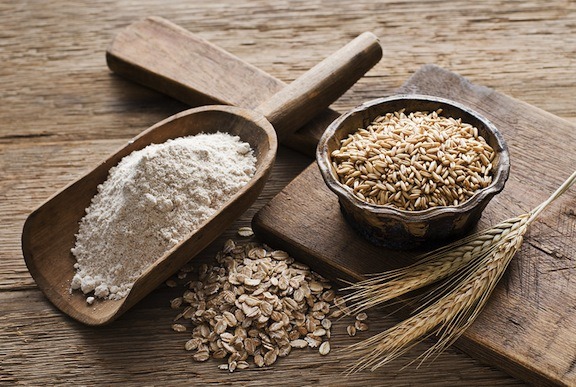
Whole wheat flour has one of the shortest shelf lives of the various flour types available on the market. The reason for this is that it still contains oil which degrades quickly and can go rancid.
When to worry: Whole wheat flour should be discarded at around 6 to 8 months after the best by date on the package. You can also use the sniff test on whole wheat flour as it will smell very bad when it is no longer good.
How to store: The freezer is your best bet, but you can use the refrigerator if you need to. As always, choose an airtight container.
Almond Flour
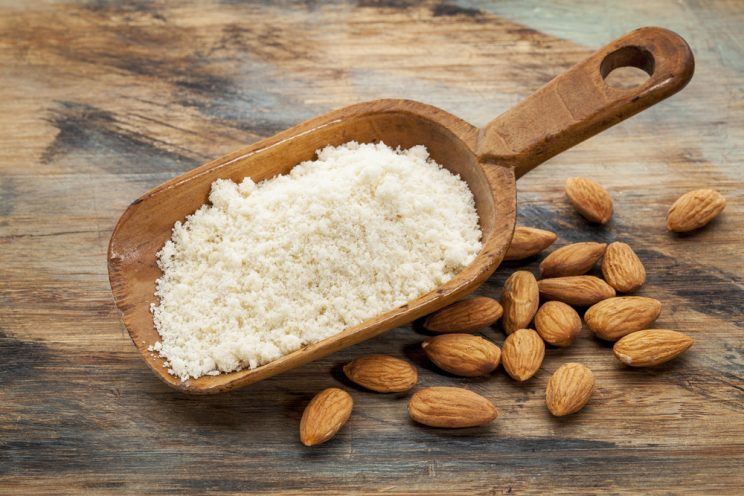
Almond flour and other alternative flours are much like whole wheat flour in that they contain oils which can go rancid after several months.
When to worry: Most alternative flours should have a sweet nutty smell to them. If your nose detects a sour scent you are best to get rid of it.
How to store: You can store almond flour in an airtight container, in the refrigerator for up to six or 12 months in the freezer (The Kitchn).
Rice Flour
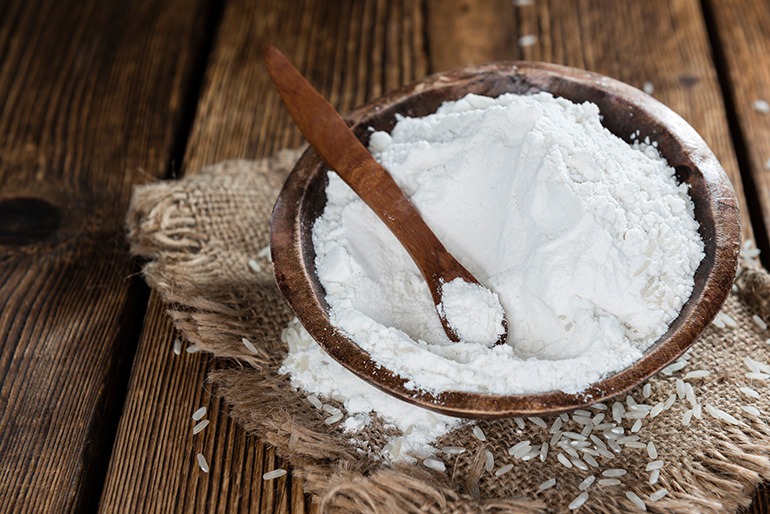
Rice flour is much like white flour in that it can have a shelf life of up to 8 months after the “best by date” if properly stored.
When to worry: Just like with the other flours, trust your nose. If it smells bad, it is bad. If your nose just won’t clue you in and you are still worried, check the best by date and if it has been more than 8 months since that date, throw it out.
How to store: Store in a cool dry place in an airtight container, as you would with white flour (Recipe Tips).
Other Flours

If you are still asking yourself, “does flour go bad?” Eat By Date offers a handy chart that includes several types of flours and how long of a shelf life you might expect to get after the “Best By” date.
Any type of flour will benefit from being stored in an airtight container. Nut and whole flours will almost always benefit from freezer storage, while refined flours usually just need to be kept dry in a cool place.
- Recommended Reading: How Long Does Tofu Last and Ways to Make it Last Longer
Other Worries
Sometimes the flour won’t be bad yet, but upon close inspection, you might see little worms or bugs which will render the flour unusable. The quality of your flour might also decrease over time, making you less satisfied with your baking results. Proper storage, as listed above, can help with these issues.
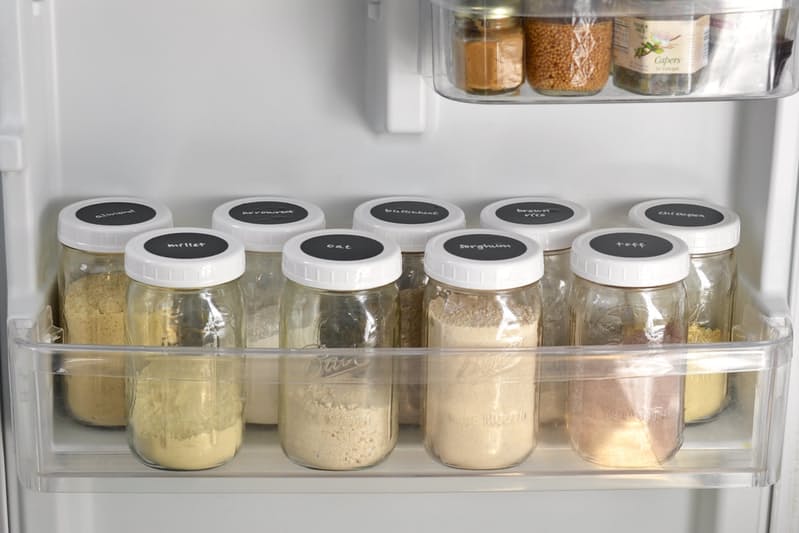
Addition tips:
Mason jars work great for flour storage whether on a shelf or in your freezer. Here are some fun Mason jar options.
If putting flour in your own container, tear off the best by date on the bag and tape it to the outside of your new container choice.
Here is a great video with more information on how to store flour:
The Best Test
Regardless of the type of flour that has you wondering, “Can flour go bad?” one rule of thumb that seems to work across the “flour field” as it were, is the nose test. A sour smell is the best warning that this flour is not to be used. If your nose fails you and the flour (or the batter or dough) has a funny sour taste, then that is another sign that the flour has gone bad.
- Check the best by date and see how much time has elapsed.
- Give it a good smell to check for a sour scent.
- If you are brave enough, give it a little taste.
These tricks will help you decide if your baking can commence or if you are instead, heading to the store.
Do you have any flour tips or tricks of your own? Questions? Please share with us!


0 comments
FYI having read this article I did the “test” on a sealed never opened cellophane bag of almond meal that I found in the rear dark area of my drygoods shelf.
Upon opening the bag there was no bad appearance, no bad smell, and there was no bad taste. I used 1/4 cup in a smoothie 4 hours ago, and I’m still not sick at all, no stomach upset and certainly no nausea, vomiting, or diarrhea.
The ‘best before’ date was FIVE (5) years ago!!
How could it possibly last this long?? Does this even make sense??
Thanks, I’m really curious, especially since I plan to now keep the rest of it in the freezer!
Hi Jer,
Canned products are packaged to prevent any microbial action from occurring inside the packaging. As long as the package is perfectly sealed, the product inside will be safe. But there is a small problem, the texture and flavor will decrease over time. If you want to get the best quality of the product, you should use it before the “Best Day”.
So I think it makes sense for your situation.
I have imported Italian flour, tipo 00 that was purchasef approve 6 months ago. It does not appear to absorb liquids the way it should. Is it going bad? No Bugs, no foul smell, taste good